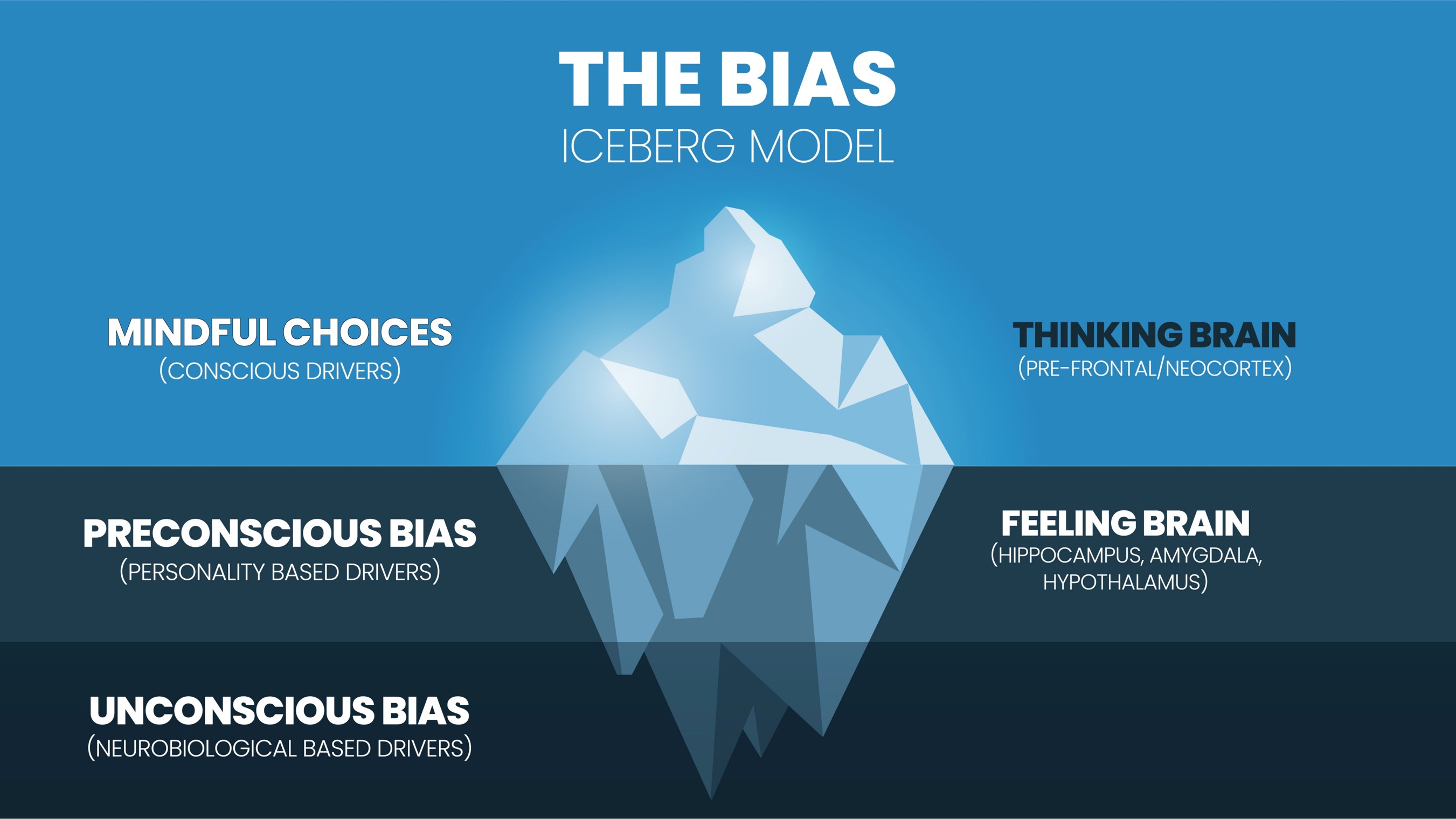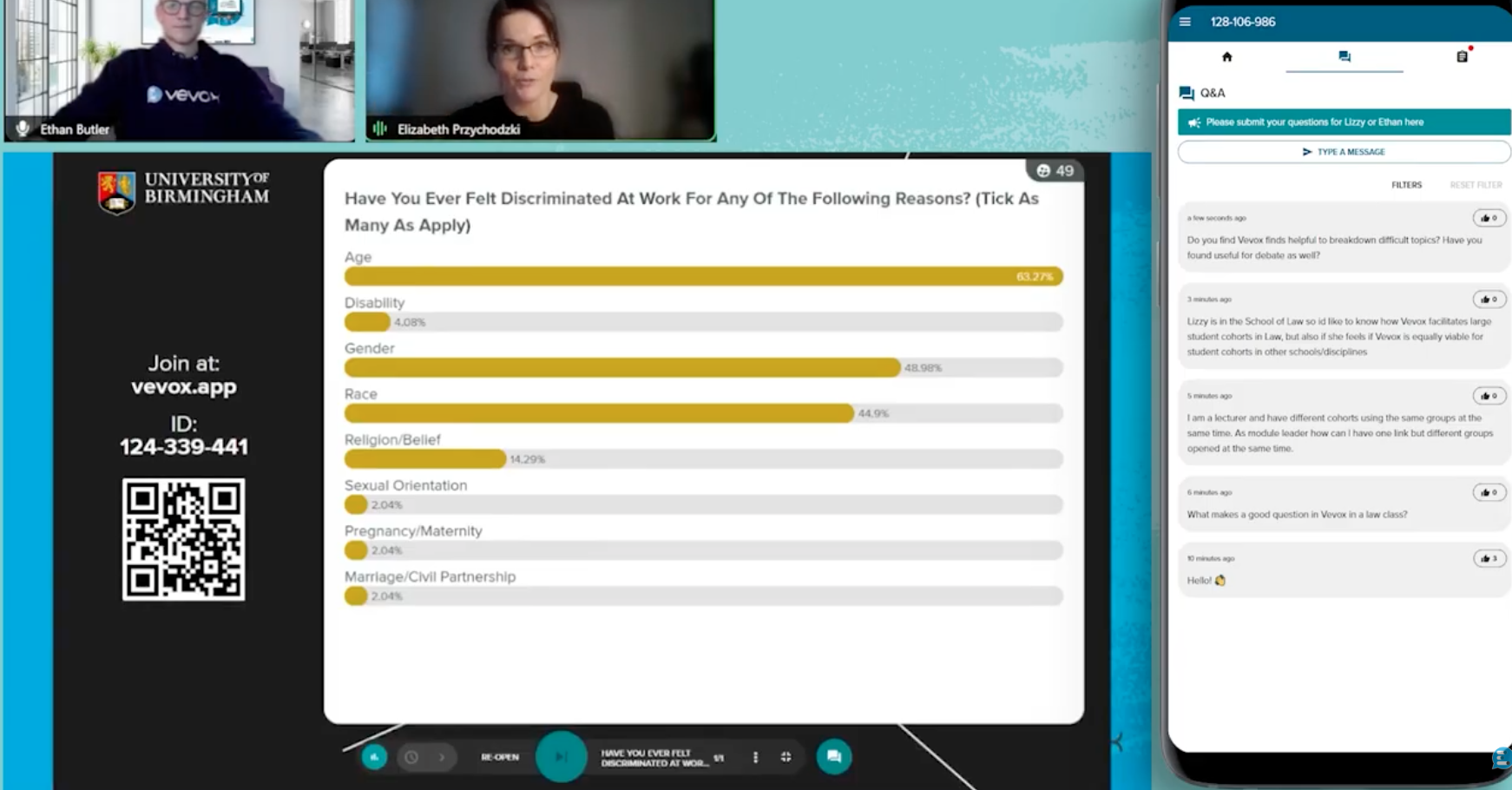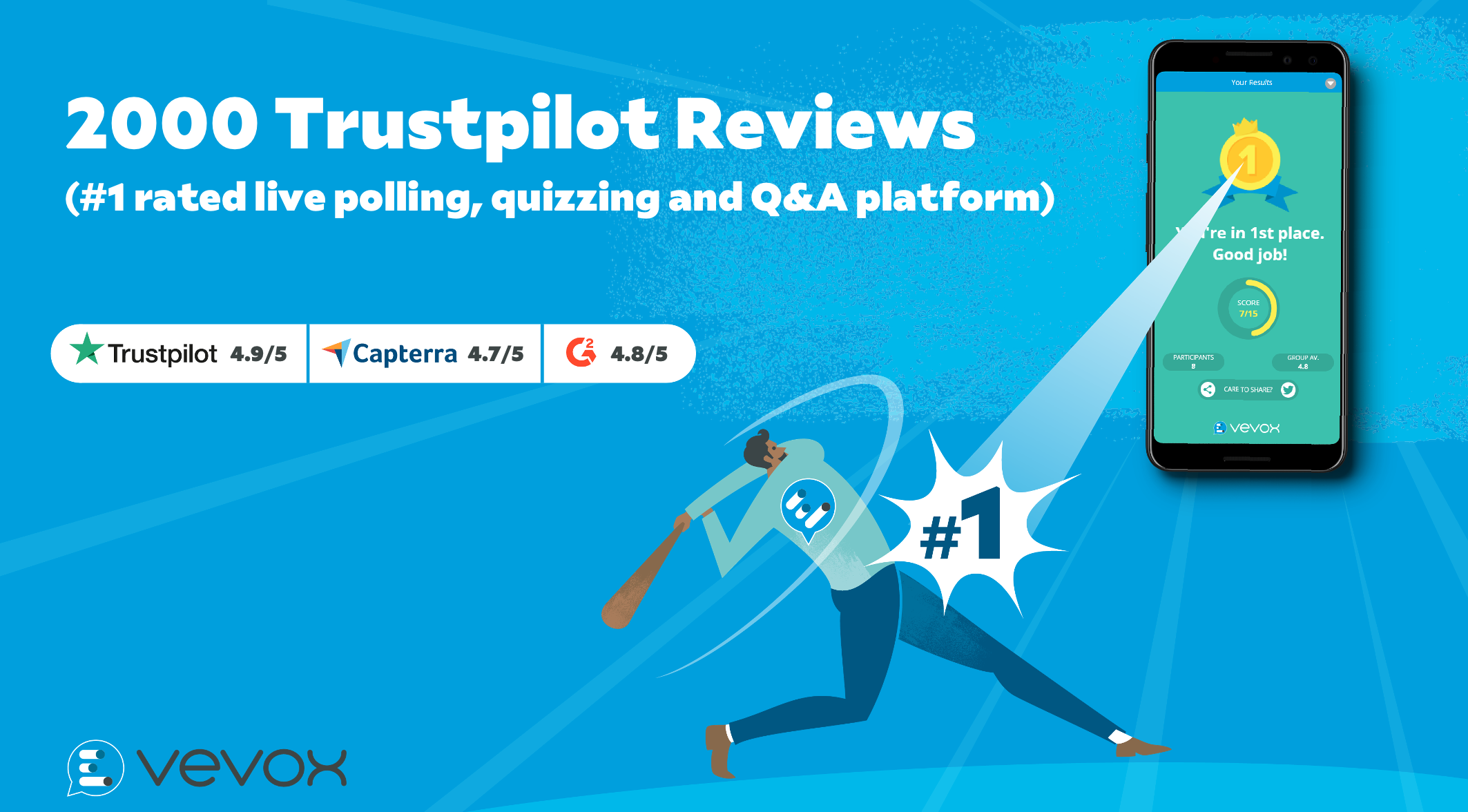Unconscious bias is a hot topic in business. There are increasing calls for companies to take action on unconscious bias, with some even going so far as to introduce 'unconscious bias training'. But what does this mean? And how do you tackle it?
What is unconscious bias?
Unconscious bias is a generalization about a group of people. It's based on stereotypes and it can be applied to all sorts of social groups, including race, gender, age, sexual orientation and more.
Unconscious biases aren't always deliberate--sometimes they're just the result of our upbringing or environment. But they're still affecting the way we think about others in subtle ways. If you have unconscious biases against certain people based on their appearance or background, then those attitudes will show up in how you interact with them at work or make decisions about them as a colleague, employee or manager.
How can I identify unconscious bias?
Unconscious bias describes the way in which people make judgments and decisions about others without realizing it. It's usually based on stereotypes, or unconscious beliefs that we have about certain groups of people. These beliefs can be positive or negative, but they may not always be accurate or fair.
Unconscious bias can affect our daily decisions including who we hire, who we promote, who we listen to and what projects we fund--all things that are important in meetings! To help address this issue at your meeting:
Have an open discussion about diversity and bias during your next team or leadership meeting. Knowledge of or the level of acceptance that unconscious bias exists will likely vary. There might also be some misconceptions floating around too! Make sure everyone understands how it affects their work before moving forward with any decisions about how to tackle it. People need to be on board before addressing any issue- those involved must believe there is actually a problem to be fixed. A common challenge is that even 'good people' that understand their privilege and therefore pride themselves on being inclusive, progressive, fair, and unbiassed can still be affected by unconscious bias. Admitting this can feel like admitting defeat but it could not be further from the truth, it's the path to dealing with it.
How do I remove unconscious bias from my meetings?
Use a diverse group of people. It's important to have representation from different groups in your meeting room. Having everyone on the same page is essential for making sure that all voices are heard, and it helps keep things fair when decisions are made.
Ask for feedback from people who aren't in the room (and other sources). For example, if you're having an all-male panel speak at an event about diversity in tech culture, reach out to women working in tech who could offer insights into this topic--and then use those insights! Not only does it give them an opportunity to share their thoughts with others but also shows how much value there can be when looking at things from multiple angles within one organisation.
Separate the person from the content. Meetings can be transformed by providing a psychological safe space where people feel happy to speak up with out fear of judgement or bias. A polling and Q&A platform like Vevox which enables individuals to share feedback, knowledge or opinions through live polls or ask text based questions anonymously provides this space in meetings.
Not only is this working to removing bias, it drives a 'speak up culture' where the opinion and experiences are heard and better decisions are made. Employees in turn feel valued, trusted and connected to their business.
If you're looking to make your meetings more inclusive and equitable, it's important to understand the power of unconscious bias. By understanding this phenomenon and how it manifests in meetings, you can take steps to combat it. If we all work together on these issues, we can create a better working environment for everyone--and that's something worth striving for!




